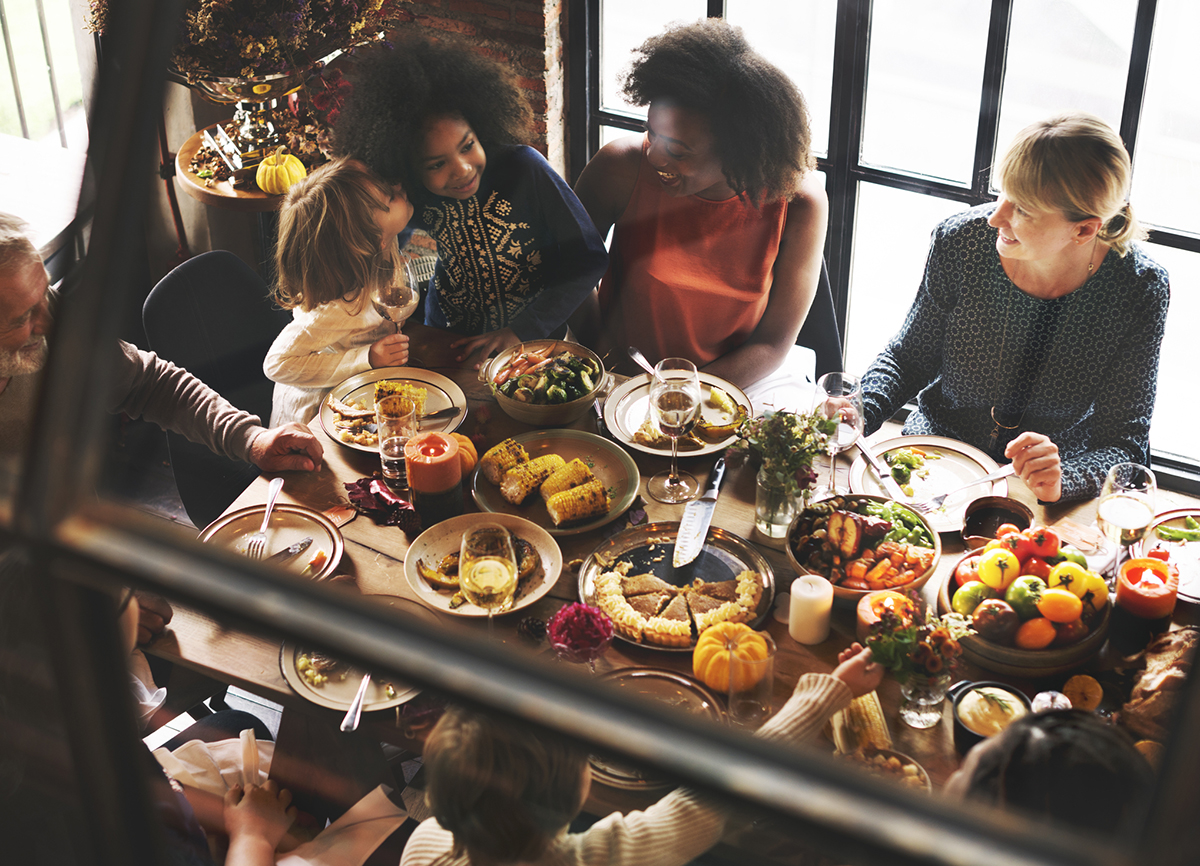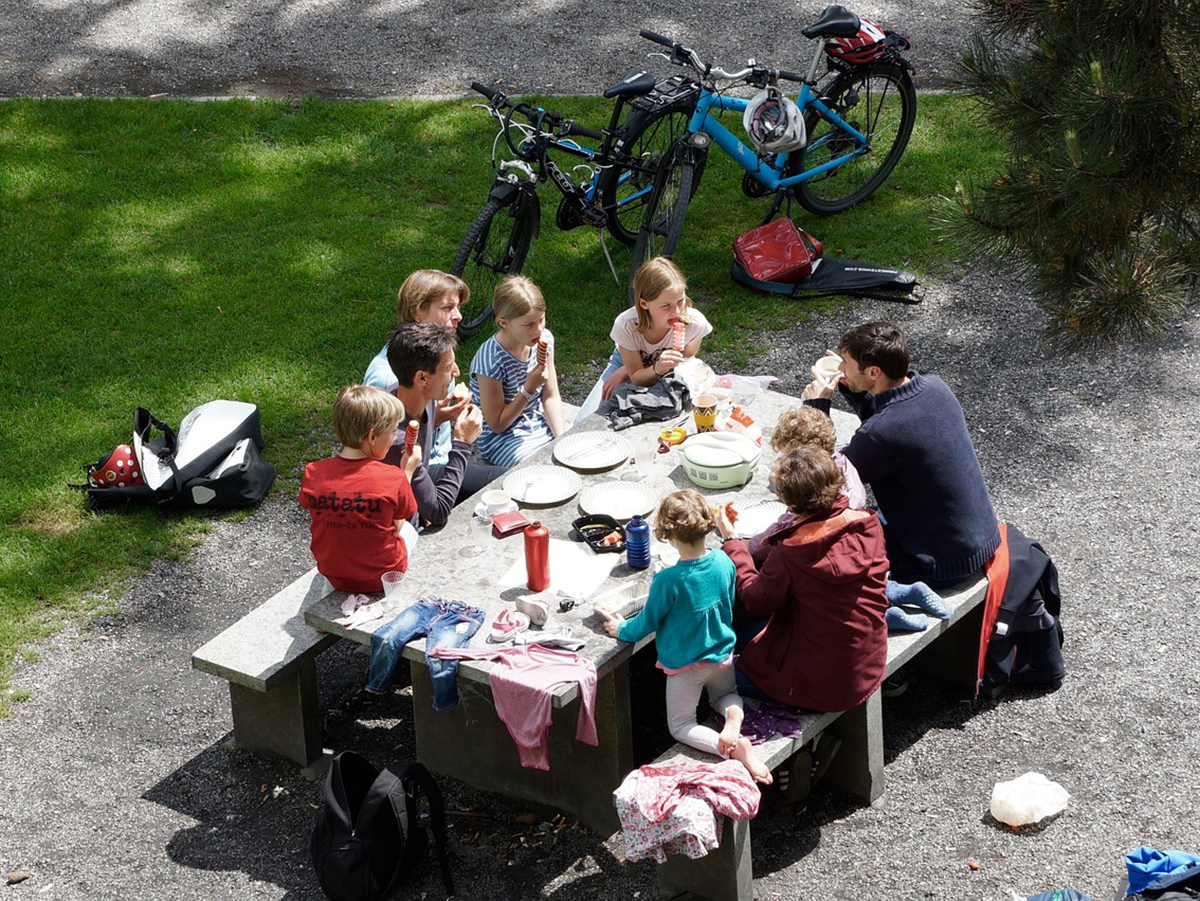
May 5, 2022
As a kid, I spent almost every summer in Oklahoma where my mother is from. As I look back, those times held some of the best memories I have. We would gather at my great-grandmother’s house, which was the hub of the family, a couple of times a week. Great aunts and uncles, second and third cousins, long-time neighbors — you just never knew who was going to stop by. Some of my grandma’s siblings were very animated in recalling their youth and painted vivid pictures of their childhood in that home. What stayed with me was how they always kept the essence of relatives and ancestors alive. There were many family members that I never had the chance to meet, and it was through these stories that I felt like I knew them.
During my own research, I was fortunate to find an interview of my great-great-grandfather. The interview was part of the “Indian Pioneer Collection.” The interviews in this collection were conducted during the Great Depression and were part of the Works Progress Administration, sponsored by The University of Oklahoma and the Oklahoma Historical Society. In the interview, my great-great-grandfather shared information about his parents and relatives, places he had lived, and family traditions. It was through his interview and story that I discovered how his parents met and that his father described his mother as a “beautiful Choctaw maiden” when he saw her the first time. It was because of the interview that I was able to confirm the names, dates, and locations of some ancestors.
The stories told of my ancestors clued me in to the character of those people, their personalities, and their aspirations. That knowledge is what brings an ancestor to life beyond a name or a picture.
The Midwest Genealogy Center has several types of resources that include both physical reference items and online databases. You can search the library’s online catalog with keywords or phrases such as Oral History, Frontier and Pioneer Life, United States History, Personal narratives, African American Narratives – or just the word narratives in your field of search. If you feel like recording some of your own history, you can check out Tell Me a Story kits to record oral histories of yourself or others.
So, as I continue working on my own genealogy, I cannot help but wonder what my ancestors may have been like. Historical events can help paint a picture of what an ancestor may have endured, but it’s rewarding when you stumble upon specific details about them.
I encourage you to look beyond some of the standard records, such as census or land records, and incorporate narrative and manuscript collections in the region(s) your ancestors lived. It was helpful for me, and I hope it will be for you, too!
Shari G.
Midwest Genealogy Center
Read Similar Blogs:
Genealogy
Storytelling







